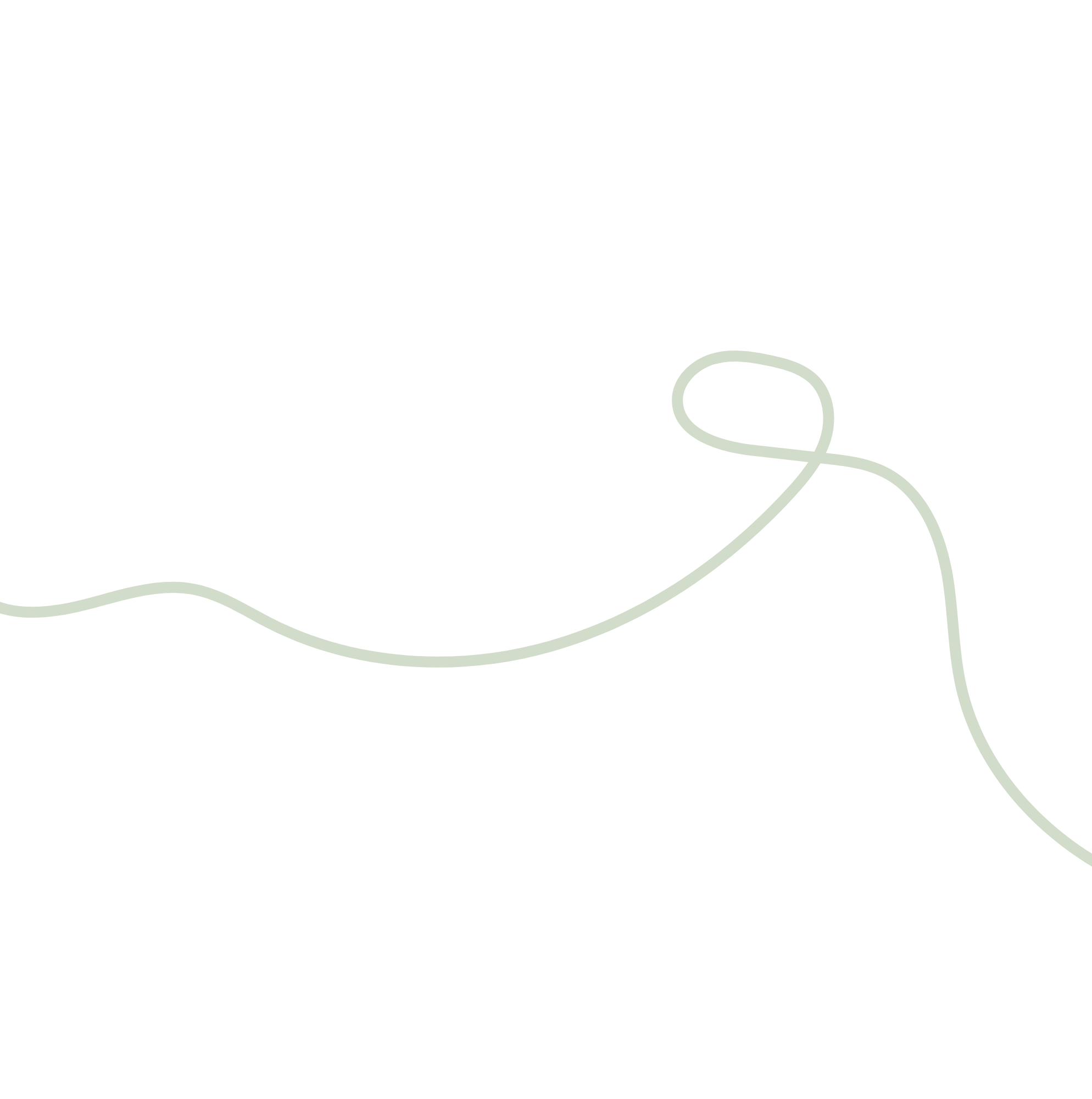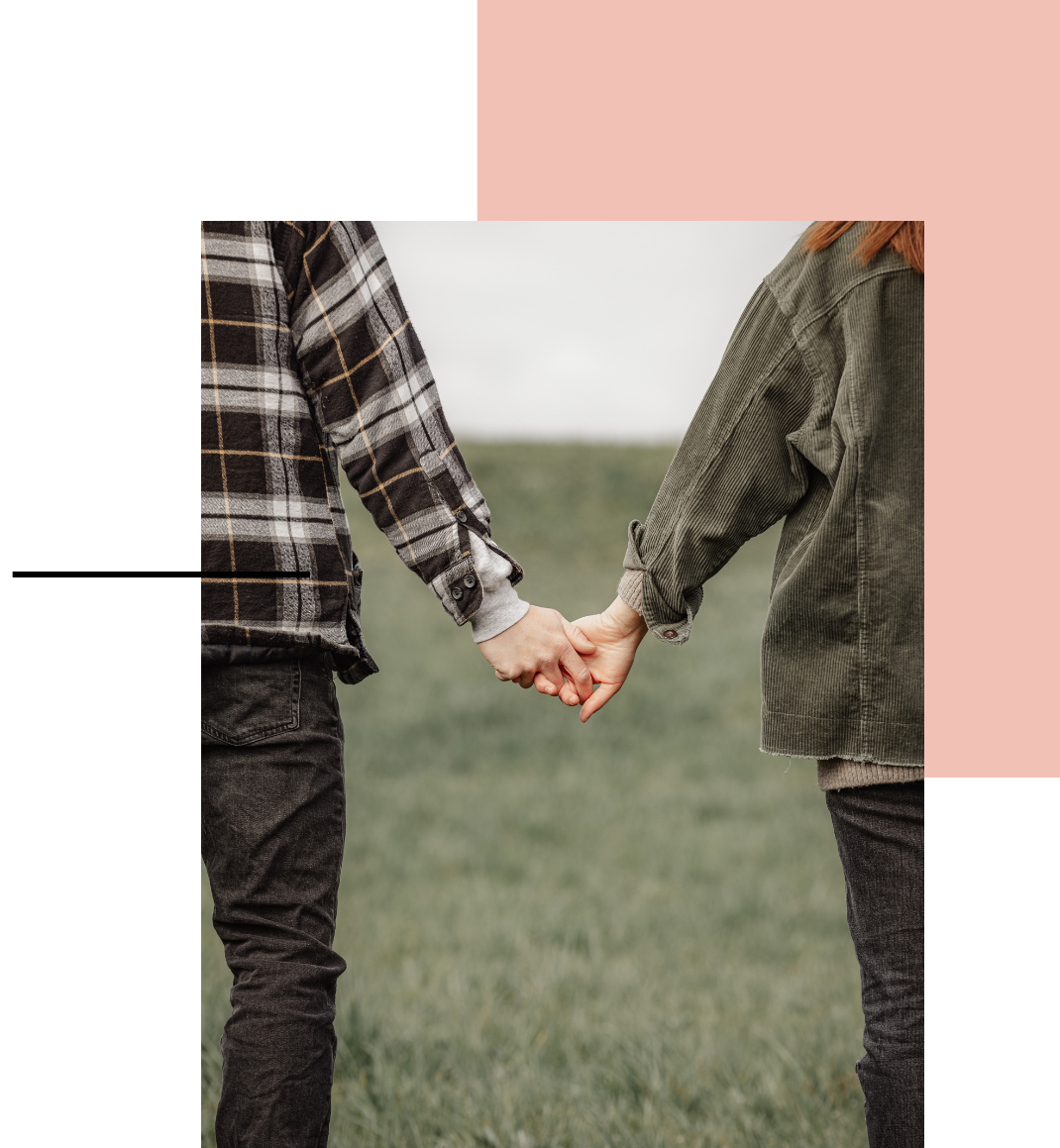
It looks different for everyone.

Drugs & Alcohol:
They’re fun until they're not.
None of us take our first sip of alcohol, or use our first party drug thinking, “yeah, I want to get addicted to this.”
A lot of times, we use substances are a way to have fun, feel euphoric, and in some cases, numb any pain and discomfort we may be feeling.
For some people, it can stop there. For some, it turns into a lifelong challenge.

Sober Curious
Do you ever wonder what life would be like without alcohol? Maybe drinking isn’t causing major problems in your life but it’s affecting your schedule, mood, overall ‘oomphf’ and you’re thinking it might be time to do a reset. Are you using drinking to help you talk to strangers or get through that date? Sober curiosity might be for you.
Sober curious people are individuals who are questioning the impulse, invitation, and expectation to drink alcohol. The sober-curious movement encourages individuals to recognize the often-unhealthy habits that are associated with alcohol. Sober-curiosity is a fluid plan to have the option to choose, to question, or to change your drinking habits for health-focused reasons (mental and/or physical).
Problematic Use
Alcohol or drugs are starting to have a negative affect on different areas of your life. You’re starting to have lasting consequences from drinking or using. What used to be a fun weekend is turning into a rough week. While your friends can pull it together by Monday morning, you just can’t. Maybe you feel like shit all of the time, maybe you don’t feel anything - and that’s the point. Maybe your plan was 1 or 2 drinks, and it inevitably turned into 9 or 10. Maybe it doesn’t seem “problematic” because you’re just drinking to overcome the social anxiety you feel, but you’ve become dependent on that cycle. Or maybe it’s apparent and you know it’s becoming a problem but you don’t know what the next step is. Problematic use can range from using substances to numb emotions, to lasting consequences - like losing your job, getting a DWI, or having conflict in your relationships.
Addiction
The addiction cycle consists of 6 different stages: initial use, abuse, tolerance, dependence, addiction, and relapse. Addiction is a chronic brain disease that affects the brain’s reward, pleasure, memory, and motivation. The process of developing addiction tends to occur over a series of stages and, like other chronic illnesses, often turns into a cycle of addiction, treatment or abstinence, and relapse. At a certain point, the body or brain alters it’s survival instinct to become dependent on having the substance to be able to function properly. While it may take multiple attempts to stop using a substance before realizing that addiction is a factor, it is possible to interrupt this cycle of addiction, abstinence, and relapse with professional help. Of course, it is possible to conquer this on your own, but it’s more likely to show long term benefits by addressing the underlying reasons why the substance use began.
Recovery
You’ve quit the substance that was causing you problems… now it’s over, right?
Not necessarily. You’ve completed a major part of the journey, congratulations! Unfortunately, addiction often includes behaviors such as: codependency, lying, being secretive, compulsivity, manipulation, impulse control, and obsession. These behaviors typically do not stop just because you have stopped consuming the substance. Recovery includes taking the work you’ve already done and re-evaluating with your new outlook. You are re-learning how to live life and while it can feel daunting, it’s worth the work in order to prevent relapse or continuing to live stuck in the same mindset.







